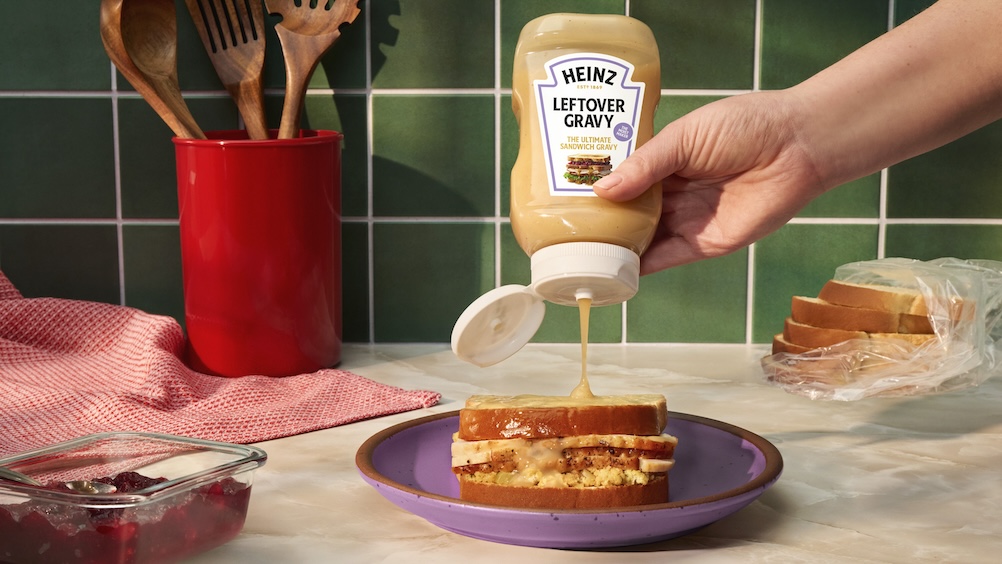Big Tuna Companies Jointly Tell Greenpeace to Buzz Off!
Canned tuna remains one of America’s most popular sources of seafood even after going under some serious fire about dolphin drama in the past. That’s not a main concern anymore, but big tuna companies are still getting some serious hate by environmental group Greenpeace over its fishing practices. Greenpeace recently released this video in an attempt to reveal “tuna secrets.”
So what do you think? We’re shocked… yet admittedly mildly entertained… But isn’t it a little over the top to be taken seriously? You’d think that Treehugger, a credible sustainability website would side with Greenpeace on the campaign, however even they say, “the video is violent and gross.”
Although Greenpeace attempts to “do-good” for the world, I think most of us can agree that they’re doing it all wrong. Being extreme gets you attention, but attention is lost easily when a clear message is not conveyed. The video doesn’t even explain, “Why is fishing tuna bad?”
As evident in the video, Greenpeace is targeting the giants: Bumble Bee, StarKist, and Chicken of the Sea. But there’s no way these big companies are going down without a fight! All three, released a joint statement saying that the whole campaign is not really about conservation, but more about raising funds by making “scary claims in the media.”
They suggest that Greenpeace is making a big fuss without doing anything about it, especially by “rejecting numerous offers to discuss the future of tuna fishing by joining the international Seafood Sustainability Foundation’s Environmental Stakeholder Committee” (gcaptain.com).
Many have also fired off cease and desist letters to Greenpeace about their “tasteless” use of their mascots (cnbc.com).
So who’s right and who’s wrong in this fishy controversy? The choice is really up to the consumer. On the one end, cheap tuna is great (it got me through college), on the other hand, over fishing is endangering tuna species and other sea life (this doesn’t appeal to my Berkeley ideals). But take into consideration that both sides are invested in the fate of tuna, and you’ll see why the conversation is so split.
























